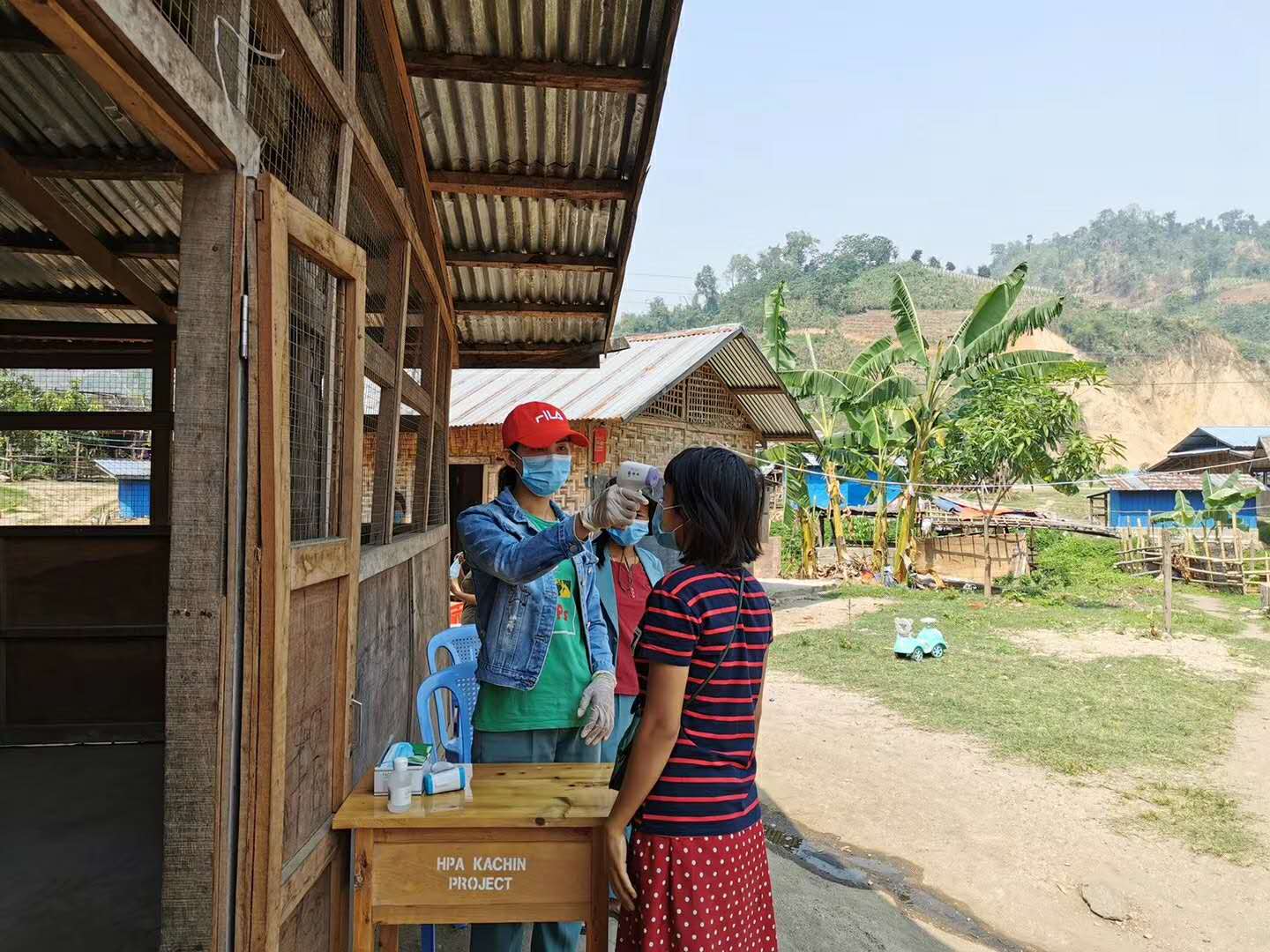LEVELING UP MENTAL HEALTH IN AN UNEQUAL WORLD
On by Hamimu Masudi
What is needed is not simply political will and financial resources but also a shift in approach.

In the face of systemic and structural inequalities that the COVID-19 pandemic has helped expose, there would never have been a more befitting theme for this year’s International Mental Health Day than “Mental health in an unequal world.”
Even before the pandemic global mental health was one of the most neglected health problems in the world, and among the leading causes of Global Burden of Diseases. Between 76% and 85% of people with severe mental health conditions, in low-income and middle-income countries still do not receive any treatment for their conditions. Even in high income countries, between 35% and 50% of people with mental health conditions miss out on quality treatment.
At its onset, the COVID-19 pandemic exacerbated nearly all the risk factors of mental health conditions including depression, PTSD and anxiety disorders. The sudden deaths, large scale social ruptures and chronic stressors that followed the outbreak all pointed to a grimmer future for everyone, but more so to those communities living in poverty, discrimination and poor health.
It’s no wonder therefore that the latest World Health Assembly recognized the need to scale up quality mental health services at all levels. Conversely, what awaits governments and actors in taking forward this endorsement is not simply political will and financial resources but a shift in approach.
Given the disparities in mental health treatment across cultures and countries, a lot of work has focused on addressing the ‘treatment gap’– broadening our scope of interventions beyond pharmacological based approaches to a wide-spectrum of strategies including informal [community] based interventions. As we well know through our work on physical health, it’s only through an all-inclusive approach that remote communities will have a chance of accessing much needed mental health care.

In principle, mental health care must embrace a diversity of perspectives, experiences, and providers. Every community, irrespective of professional mental health resources, must be able to access basic mental health care. To this end, and because factors are comorbid, there is a need for a wide continuum of care –from lower community health care to specialized care services. This approach will ensure access to specialized treatment [whenever needed] for community members who depend on informal treatment methods.
Secondly, it is crucial to promote and regulate evidence-based talking therapies. These are essential but often remain unavailable because they lack powerful corporate and professional backing, enjoyed by the more affluent and prominent biomedical [pharmacological] approaches.
Thirdly, in terms of service users and those living with mental health conditions, their voices are urgently needed, not just for their own mental health but also for influencing the mental health care system and for shaping policy.
Further still, addressing stigma – one of the notable reasons people with mental health conditions will not seek help – and presenting mental health care services in culturally appropriate and sensitive ways is essential to increase access to and usage of mental health services. This is so both because stigma within the system is targeted at minority groups, and because cultural attitudes and religious beliefs about mental health contributes to people’s readiness and willingness to seek and adhere to treatments. Within the same framework, the need to create space and embed easily accessible informal approaches, within the referral system is the promise of presenting care services in culturally appropriate settings.
Finally, whilst mental health needs greater focus everywhere, addressing the inequalities between countries, which sees poor countries consistently deprived of resources for health, is vital if we are to truly level up.

